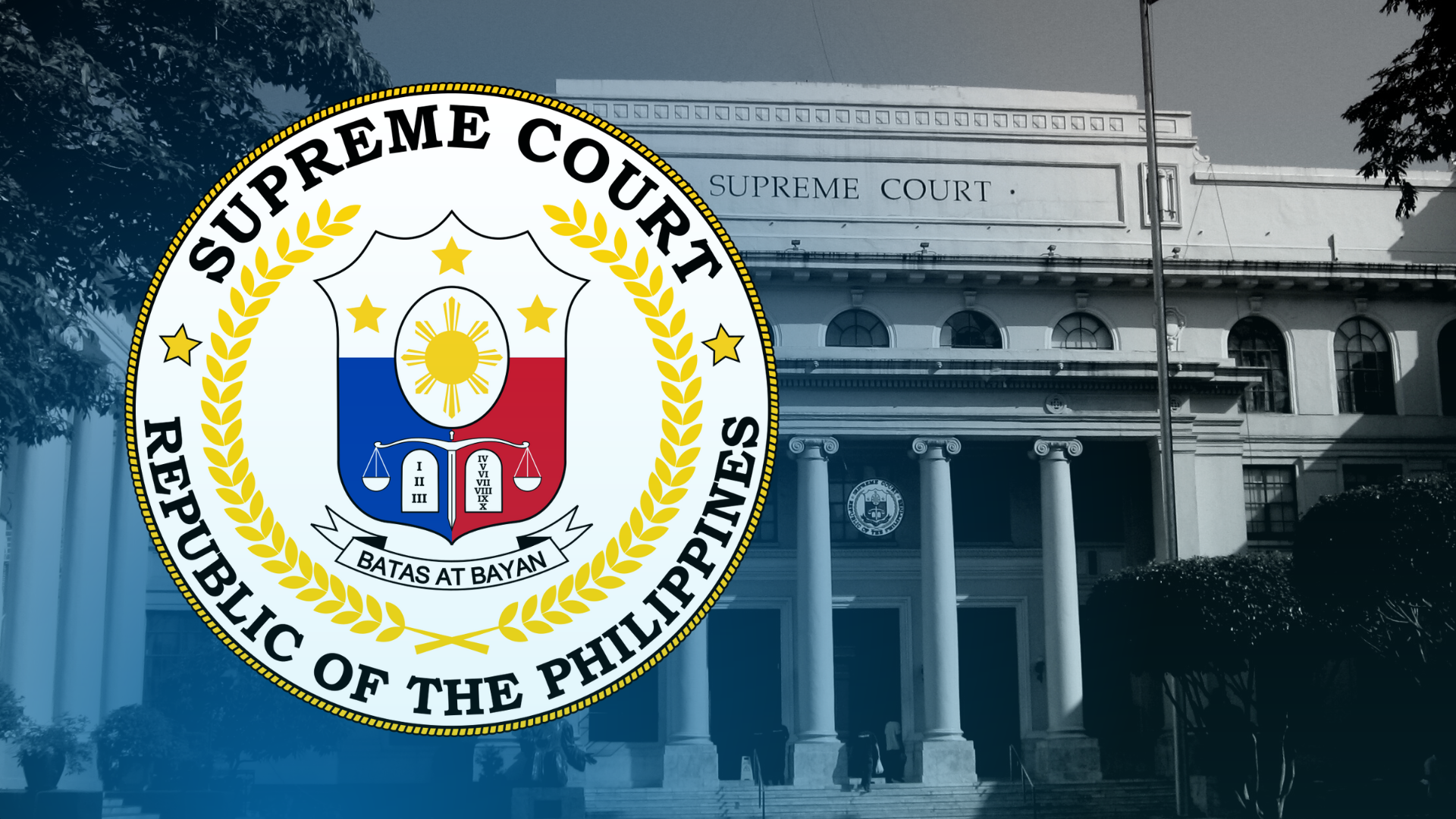
SUPREME COURT OF THE PHILIPPINES / STOCK
No, ethical lawyering is not an oxymoron and the Supreme Court wants to prove it by amending the lawyers’ code and adding provisions on the accountability of law practitioners.
“Among the key changes… is the addition of ‘accountability’ in the title of the old Code as a significant reinforcement of ethical commitment among lawyers,” the Supreme Court said in a statement.
The Supreme Court has been holding an “ethics caravan” to present the proposed changes and salient provisions in the code, which would be renamed Code of Professional Responsibility and Accountability (CPRA), to lawyers, judges and other stakeholders and seek input from them.
Previous roadshows were held in the cities of Cebu, Davao, Naga and Baguio.
The high court is set to hold the fifth and final leg of the ethics caravan on Jan. 27 at University of Santo Tomas in Manila.
In addition, changes were also made to the Lawyer’s Oath, which binds all lawyers as a source of obligations such that its violation is a ground for suspension, disbarment or disciplinary action, the Supreme Court said.
“When we saw the Lawyer’s Oath, there were some missing words that we thought were very important and should become part of the basic foundation of what being a lawyer means,” said Supreme Court Senior Associate Justice Marvic Leonen.
He said among these missing words is “justice.”
“For the longest time, we took the Lawyer’s Oath without mentioning the concept of justice as well as access to justice,” he noted.
34-year-old code
The Code was also updated to address technological advances that have developed from the time it first took effect 34 years ago and which have since been significantly affecting legal practice.
Thus, the CPRA now includes guidelines on lawyers’ responsible use of social media, including on giving of legal advice in different online platforms and on sharing unverified information and news.
The proposed CPRA may be viewed and accessed at sc.judiciary.gov.ph/29676/.
The Supreme Court said suggestions and input gathered during the caravan from the different chapters of the Integrated Bar of the Philippines, members of the academe, lawyers, judges, students, related government entities and organizations, and the public will be submitted to the Supreme Court En Banc for its consideration.